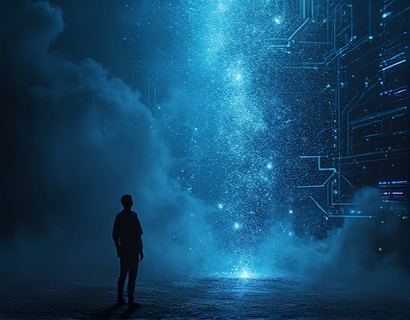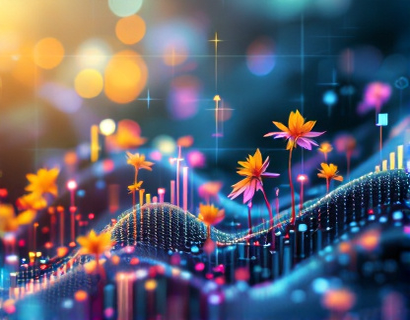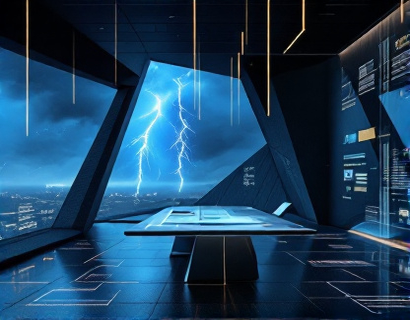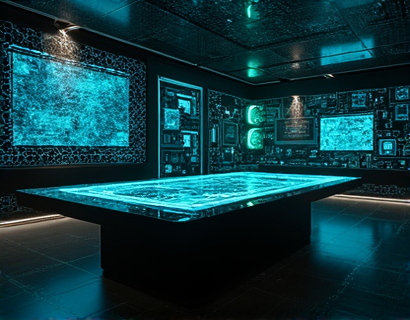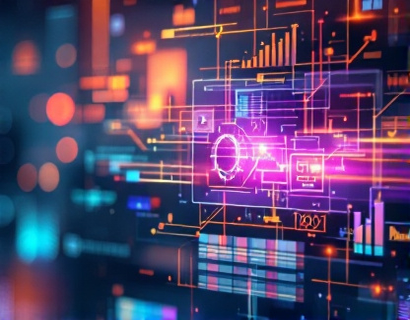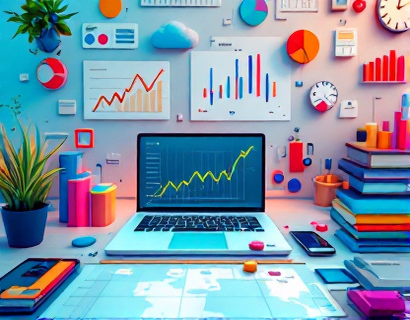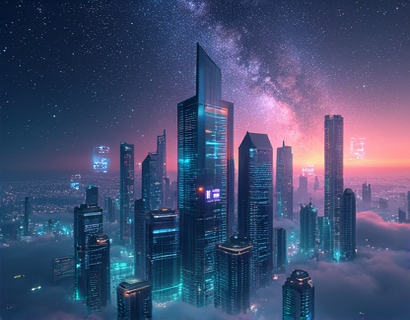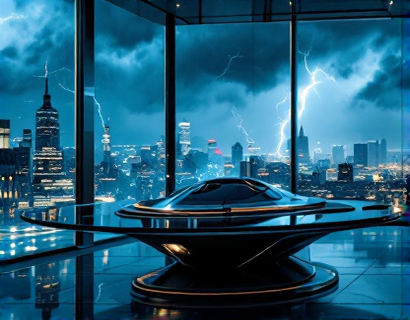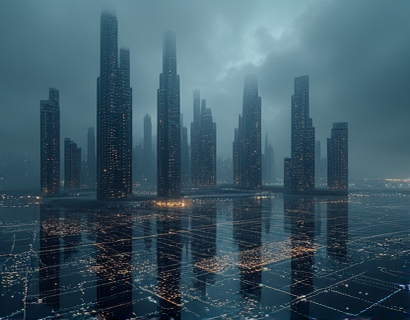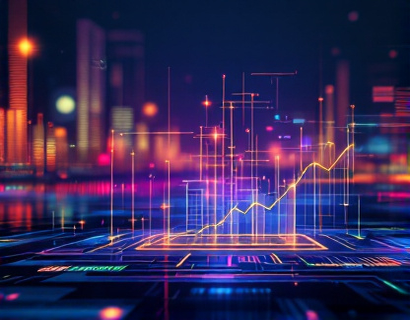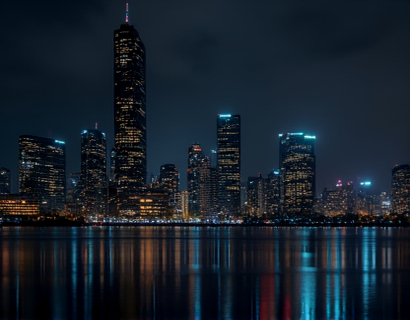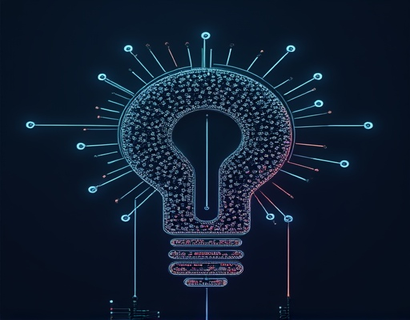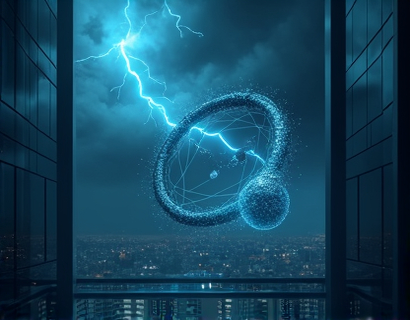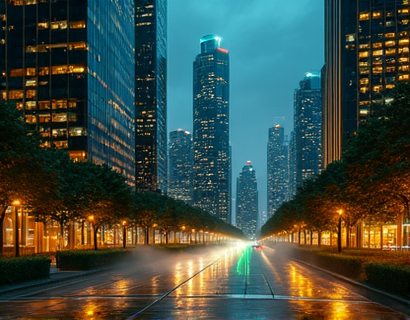Unlocking Creative Potential: Harnessing AI for Advanced Music Composition and Production
The integration of Artificial Intelligence (AI) in music composition and production has opened new horizons for artists across the globe. This technological advancement offers unprecedented opportunities to streamline the creative process, enhance sound quality, and unlock new dimensions of artistic expression. By leveraging AI tools, musicians can transform their ideas into reality with greater ease and efficiency, making the music-making process more accessible and inspiring. This article delves into the ways AI is revolutionizing music creation, providing insights into the tools and techniques that are shaping the future of the industry.
Evolving Landscape of Music Creation
The music industry has always been at the forefront of embracing new technologies to enhance creativity and production. From the invention of the multitrack recording machine to the advent of digital audio workstations (DAWs), each innovation has brought about significant changes in how music is created and consumed. Today, AI is the latest game-changer, offering tools that not only assist but also augment human creativity. These tools are designed to understand musical patterns, generate new ideas, and refine existing compositions, making the creative process more intuitive and efficient.
AI in Music Composition
AI in music composition involves algorithms that can analyze existing musical pieces, learn from them, and generate new music that adheres to specific styles or genres. These systems use machine learning techniques to understand the structure, harmony, and melody of music. For instance, AI can analyze a collection of classical piano pieces and then compose new melodies that follow the same harmonic progressions and rhythmic patterns. This capability allows composers to explore new ideas while maintaining the essence of a particular style, thereby expanding their creative palette.
One of the key benefits of AI in composition is its ability to provide instant feedback and suggestions. Imagine a composer working on a new piece and encountering a section that isn't quite working. An AI tool can analyze the surrounding music and propose alternative melodies, chord progressions, or even entire sections that fit seamlessly into the composition. This real-time interaction not only speeds up the creative process but also helps artists overcome creative blocks and explore new musical territories.
AI in Music Production
Beyond composition, AI is also transforming music production. In the studio, producers use AI tools to enhance sound quality, automate tedious tasks, and experiment with novel sonic textures. For example, AI-driven plugins can analyze a recording and automatically apply the optimal equalization and compression settings to achieve a professional sound. This not only saves time but also ensures consistency across different tracks and projects.
Another significant application of AI in production is the generation of virtual instruments and sounds. AI algorithms can synthesize unique timbres and textures that would be challenging or impossible to produce with traditional instruments. This opens up new possibilities for sound design, allowing producers to create immersive and otherworldly soundscapes that push the boundaries of conventional music.
Enhancing Creativity with AI
The true power of AI in music lies in its ability to enhance creativity rather than replace it. By handling repetitive and time-consuming tasks, AI tools free up artists to focus on the aspects of music-making that require human intuition and emotional depth. This symbiotic relationship between human creativity and AI technology results in music that is both innovative and emotionally resonant.
For instance, AI can assist in the arrangement process by suggesting different instrumental combinations and layering techniques. It can analyze the dynamics and balance of a mix, recommending adjustments to create a more polished and professional sound. These suggestions are not rigid guidelines but rather inspirational hints that artists can adapt and refine to suit their artistic vision.
Accessibility and Democratization of Music Creation
One of the most significant impacts of AI in music is the democratization of music creation. Traditionally, high-quality music production required expensive equipment and extensive technical knowledge. AI tools have lowered these barriers, making advanced music production accessible to a broader audience. Beginner musicians and hobbyists can now create professional-sounding tracks using intuitive software that guides them through the process.
These tools often come with user-friendly interfaces and comprehensive tutorials, making it easier for newcomers to learn and experiment with music production. Online platforms and communities have also emerged, providing a space for artists to share their work, receive feedback, and collaborate with others. This community-driven approach fosters a supportive environment where creativity can flourish regardless of one's background or experience level.
Case Studies: AI in Action
To better understand the practical applications of AI in music, let's explore a few case studies. One notable example is the use of AI in film scoring. Composers working on movie soundtracks can use AI tools to generate themes and motifs that align with the film's mood and narrative. These tools can analyze the emotional tone of specific scenes and suggest musical ideas that enhance the storytelling. This collaboration between AI and human composers has led to critically acclaimed scores that push the boundaries of traditional film music.
Another example is the rise of AI-powered music production apps for mobile devices. These apps leverage cloud-based AI algorithms to provide on-the-go music creation capabilities. Artists can compose, record, and produce music using their smartphones, thanks to the powerful processing capabilities of AI. This portability has democratized music creation, allowing artists to work from anywhere and at any time, further breaking down the barriers to entry.
Challenges and Considerations
While AI offers numerous benefits, it is essential to acknowledge the challenges and considerations associated with its integration into music creation. One of the primary concerns is the potential loss of human touch and emotional depth in music. Critics argue that over-reliance on AI-generated content can lead to a homogenization of sound, where unique artistic expressions are overshadowed by algorithmically generated norms.
To mitigate this, it is crucial for artists to use AI as a tool rather than a crutch. The best results come from a balanced approach where AI assists in the creative process but does not replace the artist's vision and emotional input. By maintaining control over the creative decisions and using AI to enhance rather than dictate, artists can ensure that their music remains authentic and compelling.
Future Prospects
The future of AI in music composition and production is promising, with ongoing advancements likely to bring even more sophisticated tools and capabilities. As machine learning algorithms become more refined, AI will be able to understand and replicate more complex musical structures and nuances. This will enable artists to create music that is not only technically proficient but also deeply expressive and emotionally resonant.
Moreover, the integration of AI with other emerging technologies, such as virtual reality (VR) and augmented reality (AR), opens up new possibilities for immersive music experiences. Imagine attending a virtual concert where AI-generated environments and visuals respond in real-time to the music, creating a fully immersive and interactive experience for the audience.
Conclusion
AI is undeniably transforming the landscape of music composition and production, offering tools that enhance creativity, streamline processes, and make music creation more accessible. By embracing these technologies, artists can unlock new creative potentials and elevate their work to new heights. As the industry continues to evolve, the synergy between human creativity and AI innovation will undoubtedly shape the future of music, paving the way for a new era of artistic expression.



